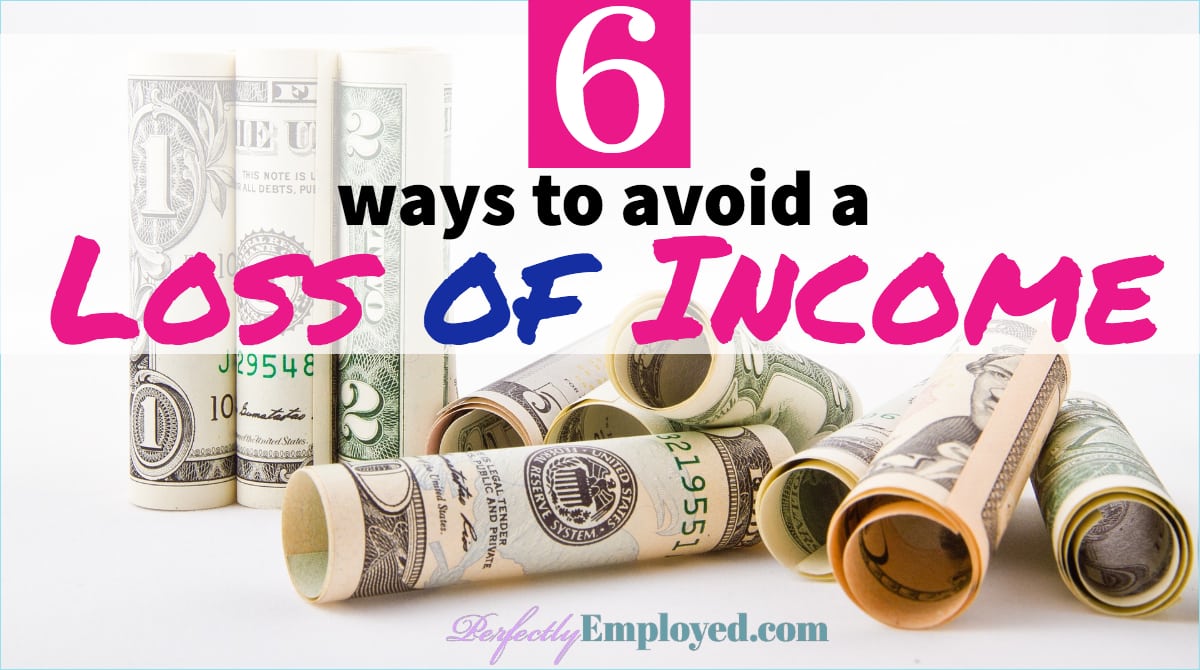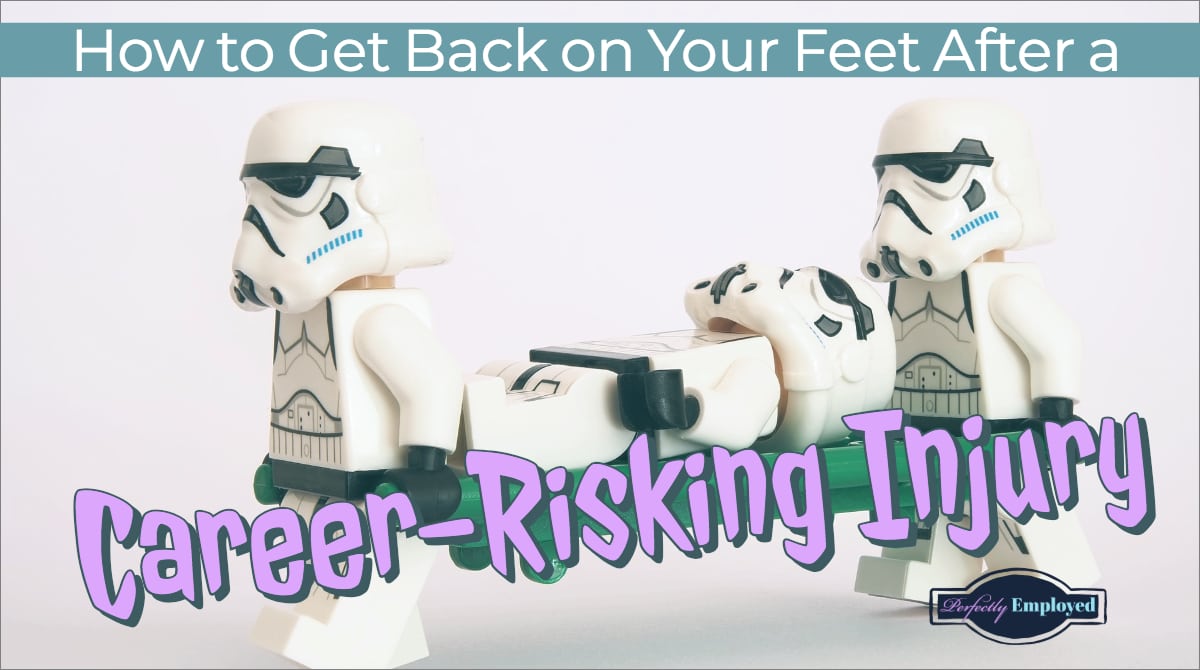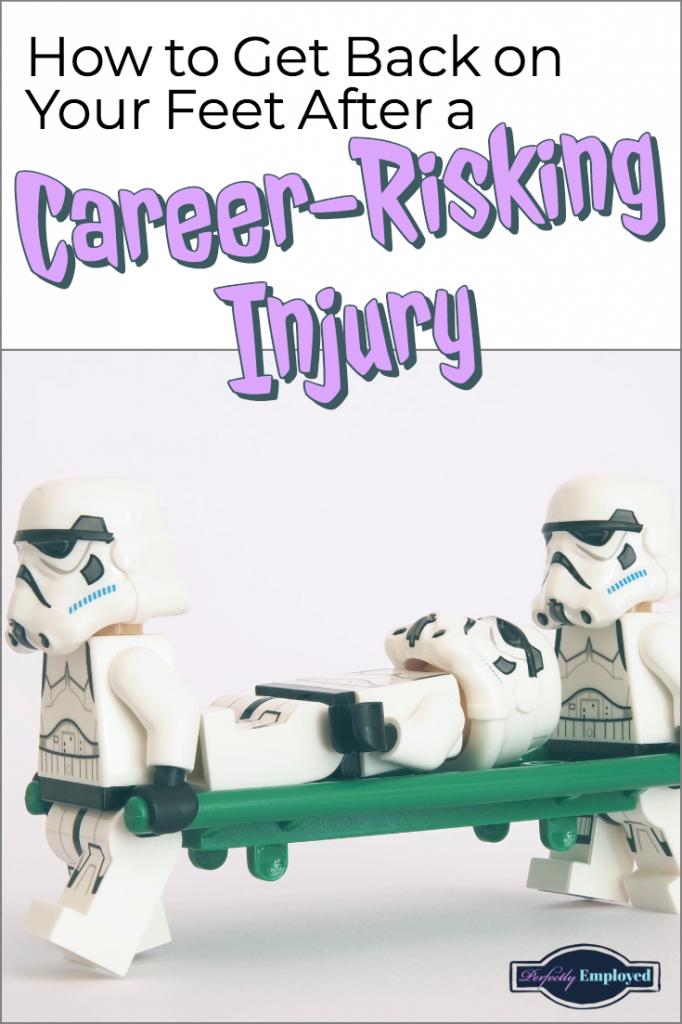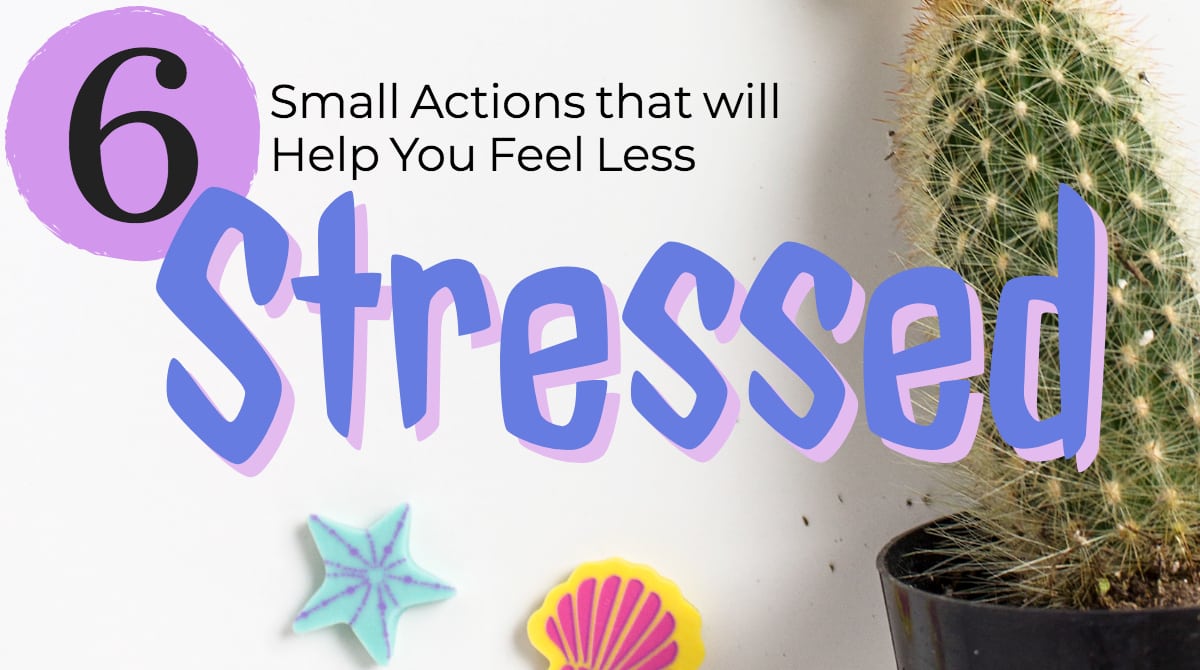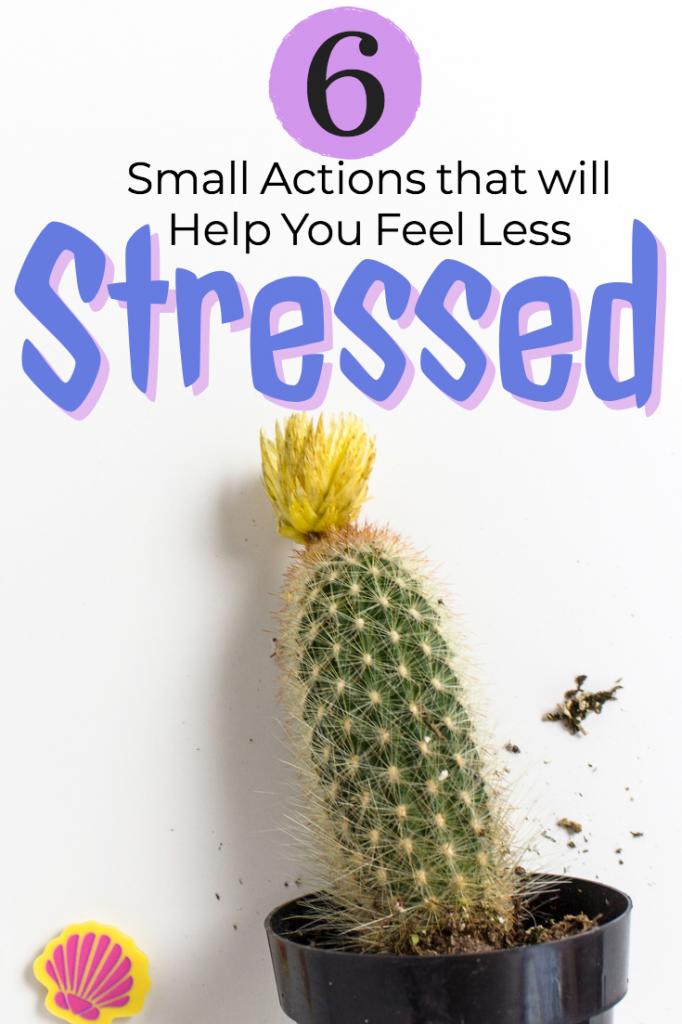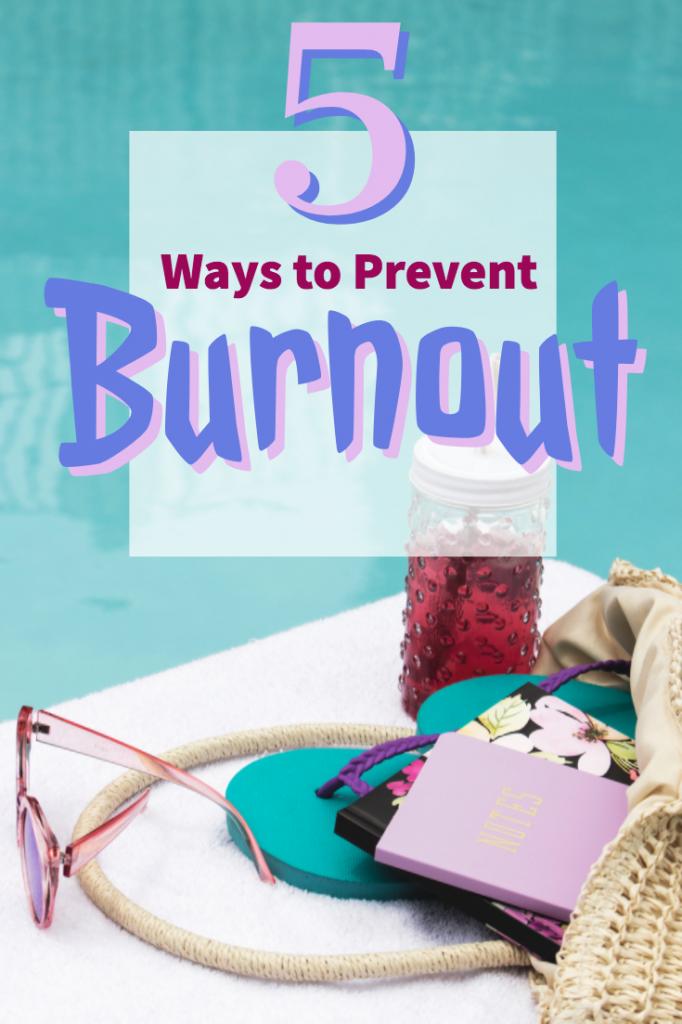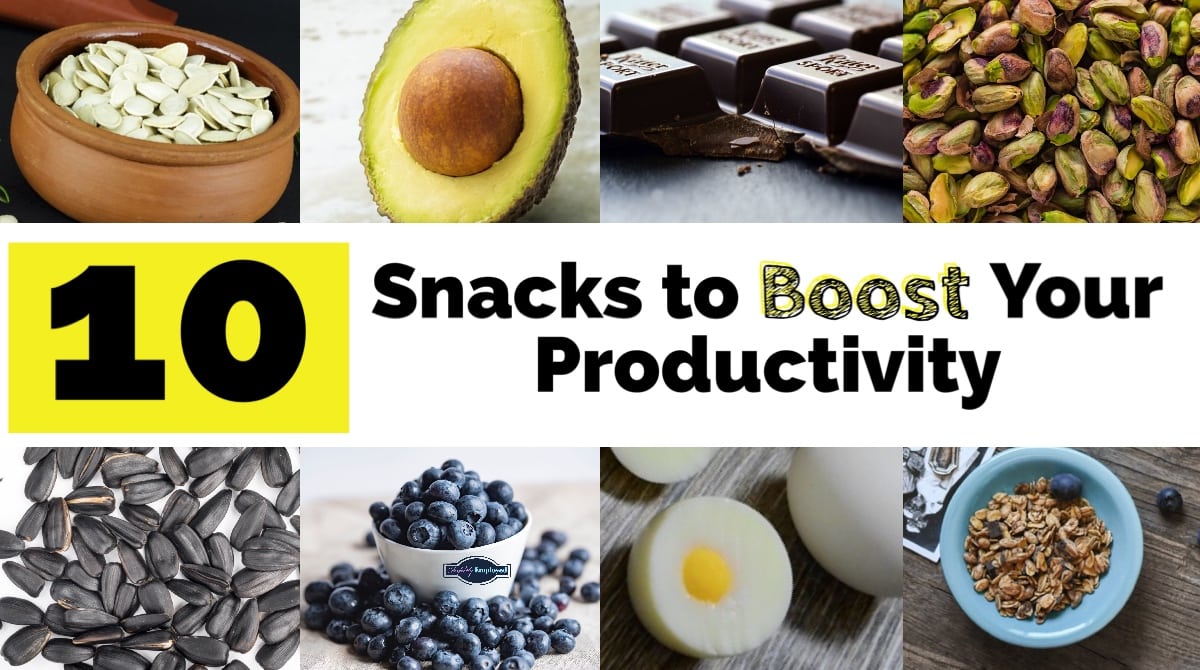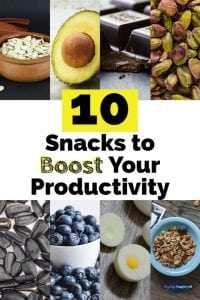We post a lot about side hustles and making extra money through entrepreneurship, but sometimes saving money can be as good as making more money. In The Millionaire Next Door, Thomas Stanley and William Danko talk about how one of the biggest groups of self-made millionaires got that way not by making a ton of money, but rather by saving it. Can you guess which group they’re talking about?


It’s teachers. A lot of life-long teachers retire quite well, and we all know teachers earn laughable paychecks. They retire well because they know how to save, and they manage their money by making solid decisions every day.
You, too, can retire rich by thinking through your day-to-day purchases and managing your money like an adult rather than a toddler in a candy store. Here are 22 ways to save up to $10,000 this year:
1. Set a Budget
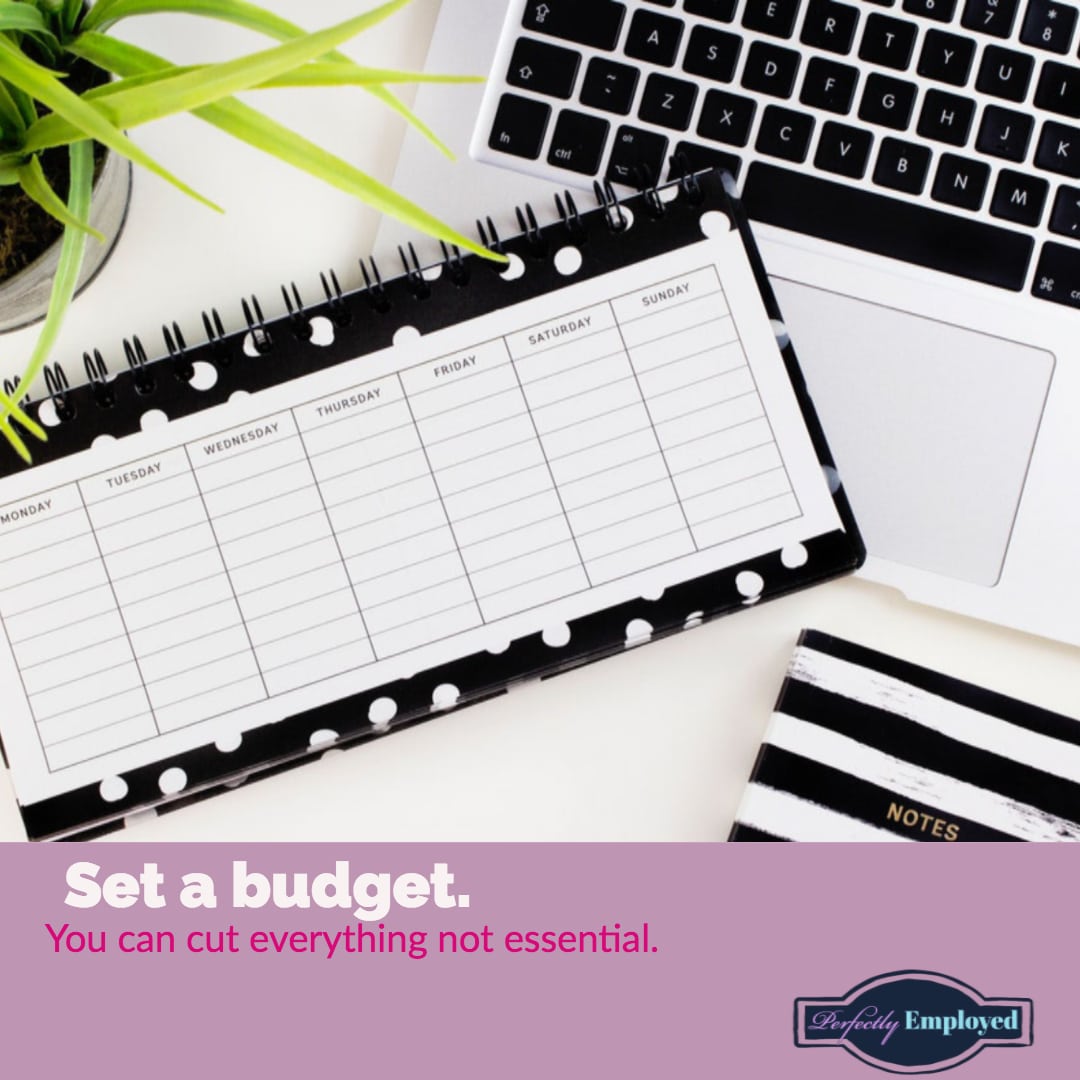
The number one way you are wasting money is not sticking to a budget. When pinching pennies, the best tip is to look at your bills and income to see how you can change your spending habits. You can cut everything non-essential and still not have extra cash if you don’t set a budget.
When our family moved from two incomes to one, it was a huge adjustment. But, because we sat down looked at our bills (electric, phones, and mortgage only) we could see clearly how much we had left to spend on food and gas. Nothing else! Yes, there were many nights we had Raman noodles and grilled cheese. Now we can afford the occasional dinner out (with water to drink) along with a few extras like Netflix.
2. Create a Shopping List

Now that you set a food budget the best way to stick to it is to make a shopping list. This will keep you on your budget and keep you from impulse buying.
[bctt tweet=”Pro Tip: Use the smartphone you likely have in your pocket for more than just taking selfies–use it to make a shopping list. #savemoney #grocerybudget #manageyourmoney #iPhone” username=”perfectlyemploy”]
In fact, if you have an iPhone, all you have to do is say, “Hey Siri, put milk on my shopping list” and she will do it for you. Many smartphones have similar features. You can also text a list to yourself. While it may be strange texting yourself, it makes for a convent list.
3. Limit impulse buying

Buying an item when you don’t need it is impulse buying. If you have a good working cell phone, there is no need to update it to a more expensive one. Instead of buying an item, try the 30-day challenge. Write the item you want on a piece of paper, along with the place you found it and its price. In 30 days if you still need the item, return and make the purchase. If you decide you do not need the item, just recycle the paper.
[bctt tweet=”Pro Tip: the vast majority of the items you need are located on the outer walls of any given store. By not venturing into the middle of the store you limit the amount of impulse buying. ” username=”perfectlyemploy”]
4. Drink Less Alcohol

Drinking alcohol on the weekend could cost you $1000 a year, or more. If you drink and drive (Never drink and drive!) a DUI can cost upwards of $10,000 and negatively impact your career. By cutting out alcohol (or cutting back to just one drink per week), you may also cut healthcare expenses. Drinking alcohol can lead to alcoholism and cause liver disease.
5. Kick Your Soda Habit

Sodas are a better choice of drink, budget-wise, than alcohol; however, sodas can set you back about $300 a year per person. In a family of four, that can add up to $1200 or more!
The best choice for enjoying inexpensive sodas, and improving their quality, is investing in a soda stream. You can flavor your soda any way you please and save the extra money. For example, we make cherry limeaids with by adding a couple tablespoons of cherry syrup and a squeeze of lime to carbonated water. It tastes better than anything you get at Sonic, and it costs about 15 cents for a 16 ounce serving.
Of course, switching to water saves the most money because it’s free. Add a piece or two of your favorite fruit to water for flavoring. Studies have shown that drinking more water increases your productivity and focus.
6. Cut the Cord

If you are still holding on to cable, it’s time to cut the cord. On average, cable bills are $100-$200 per month–that’s $1200-2,400 per year. Hulu costs $13.52, or $162 a year. Netflix is $13.99 or 167.88/year. Amazon Prime is $120 a year. DirectTV Now is $35 a month or $420 per year. You could have all four services for $870 a year and save $330.
Pro tip: if you invest in the DirectTV Now, you will not need Hulu or Netflix subscriptions–it’s just like having cable. You could save even more!
7. Use Energy Efficient Bulbs

One cost saving a lot of money gurus overlook is modernizing your light bulbs. Often, people do not change old-style bulbs until they go out, but waiting is costing you money. LED lighting is the most energy-efficient lighting on the market, and the bulbs last 8-16 years! Energy.gov states “By replacing your home’s five most frequently used light fixtures or bulbs with models that have earned the ENERGY STAR, you can save $75 each year.”
8. Eat at Home

On average, eating out costs $13 per person. Eating at home averages a cost of $5 per person. That’s a savings of $7 per person, per meal! For a family of four that only eats out once a month, that’s a savings of almost $400/year.
One of our favorite cookbooks is Rachel Ray’s 365: No Repeats 30-Minute Meals. It’s a steal at just $6.99 on Kindle!


If you do eat out, make sure to look for coupons or use the in-store rewards card.
9. Drink Water While Out

When we cut out our soda drinking, it also changed our bill when we saved up to go out to eat. On average, a soda at a restaurant costs about $2-3 per person. Water is free. With 2 people that is an automatic savings of $4. For a family of four, it’s $8. Alcohol is much more expensive in restaurants. It’s easier and more cost effective to skip it.
10. Watch movies at home

Waiting until a movie leaves theater can save you $10 per person. By watching at home, you can enjoy many benefits. You can wear your PJs, save on concessions, avoid rude people singing the songs or texting through the movie, and you can pause the screen at a moment’s notice. Best of all, there are no previews.
If you absolutely must see the latest move in theater, check out matinee tickets. These are tickets usually for shows that start before 4 pm and cost about $5 per person. If you choose this option, skip the concession, as it’s a money waster.
11. Brew Coffee at Home

Let’s face it–we all know “you can’t live” without your morning cup of coffee. Starbucks coffee costs $1-$6 per cup. Dunkin Donuts is $1-$4. That’s almost $2000 a year for one cup of coffee per day. Instead, invest in a Ninja Coffee Brewer System. These systems are easy to use, and you can recreate your favorite coffee for pennies. If you are into cold brews, invest in a French Press. Enjoying your coffee at home will also save you time. You will not have to wait in line or rush out the door forgetting important items. Saving time also saves money.
12. Stash Some Cash

Paying to receive cash back from a store or ATM is costing you money. Banks can charge between $1-$4 per transaction. One way to save money is to keep $20 cash on you or in a hiding spot in your car. This money can come in handy in an emergency situation or if you find yourself at a cash-only location.
13. Use your Library Card

If you are an avid reader, instead of spending $15 per book, you can save money by investing in Kindle Unlimited or visiting your local public library system. Kindle Unlimited costs $9.99 a month and allows you access to 1 million titles. Public Libraries are free to use as long as you renew or return your book. Switching to the library or Kindle Unlimited can save $1000s per year depending on your reading habits.
14. Capitalize on Reward Programs

Many stores offer free rewards cards. You gain points, cash back, or free products from your normal shopping habits. There are also ways to turn your receipt into cash. Walmart has a saving catcher within its app; all you do is scan your barcode on your receipt. If they lower the price on an item, they pay you the difference.
Another great app is Ibotta. Ibotta takes a bit more work as you must add items and then scan them. Finally, you have to upload the receipt.
Pro Tip: Don’t want to carry around a bunch of rewards cards? Instead, download an app like KeyRing.
Bonus Pro Tip: by using the KeyRing app, you can share rewards cards between family members, thereby capitalizing on the number of rewards you can earn.
15. Avoid Buying a Brand-New Car

One of the biggest financial mistakes you can make is buying a brand-new car. Once you drive that car off the lot, it becomes used and decreases in value by at least 22% in the first year. For years 2-4, a vehicle loses 12% (Check out our math for yourself at USAToday.)
Our favorite place to find used cars is Carmax and Autotrader.
Pro Tip: Make sure if you use AutoTrader you check the company website for the vehicle. Many AutoTrader vehicles are added by hand and may not be updated.
16. Don’t Lease a Car. Ever.

Think leasing a car can help your financial situation? Sure, the down payment and monthly payment may be lower. However, leasing is worse than buying a new car. Leasing requires you to have excellent credit, higher insurance deductibles, and you are restricted to a certain number of miles with a steep penalty for going over. Also, once again, as soon as you drive the vehicle off the lot, it becomes used. At the end of the lease, you’ve paid the car’s depreciation and then some, and you have nothing to show for it because you don’t even own the car.
Save your money and look into a used car. Buying a used car can save more than $10,000 per purchase.
17. Stop Renting

When you first move to a city renting is a fine choice. However, it costs you more money. Often you can expect to pay 50% more per month for a rental than a mortgage. Yes, you need good credit for a mortgage. If you are renting, it will be difficult to raise your credit score because of the extra monthly strain of the rental. It is wise to save money before moving. This way you can look into a mortgage over a rental.
Another popular housing option that is a waste of money is rent to own. Only part of your rent goes towards the purchase price of the home. You would still be better off with a mortgage where the entire payment goes to paying off the home loan. Purchasing a home over renting can save you $10,000 a year on its own.
18. Avoid an HOA Community

Before you buy a home, make sure you check out your new community thoroughly. Look at the tax bill for your new hone, but also check out community fees, like those charged by an HOA. Home Owners Associations (HOA) charge $200- $400 per month, and they set all kind of rules and regulations you must follow. HOAs can have amenities benefits; however, you can access the same type of amenities elsewhere and save money. Avoiding an HOA can save $2400 per year.

19. Move Out of the City

You could cut costs even more by not living within city limits. Often cities charge more for garbage, electric, and water than their country or suburban counterparts. Buy moving just outside the city limits, you could save money. On average, I pay $100 less on my electric then my family members in the city, and I break the rule and have an average house temperature of 73. I do live in a smaller home, but would still pay less as I do not have the upcharge the city adds to electric and water (we have a well). I save $1200/year just by living in the country.
20. Decrease Your Cell Phone Plan

Are you using all of the data you pay for each month? If not you’re wasting money. Just by switching to a lower data plan, you can save $20 per month.
Pro Tip: To save on data, turn off the cellular data option on apps that don’t need it. Check your battery usage to see what the top 3-5 apps you use the most, then turn cellular data off for the rest. Also, many apps have background refresh. By turning off cellular, the app can no longer refresh unless it’s on Wi-Fi, saving your battery and your data. By living within your data plan, you could save $2,400 per year.
21. Shop around for insurance

If you bought that used car, it’s going to need car insurance. Now is a great time to look into options. By comparing rates, you can save $1000-$2000 per year. When we changed our insurance, we doubled all of our coverage and still paid less. Also, save money by paying your insurance every six months. Yes, it can be an investment, but the $20-50 extra charge for paying your insurance monthly adds up.
Consider looking at the health insurance options your employer offers. If you have not seen a doctor in years, you may want to consider a lower coverage plan. However, if you are seeking medical attention frequently, then the higher plan may save you money in the long run by the type of coverage offered. If you lower your coverage, depending on your employment options, it could cost you $0 out of your paycheck. Looking into health care options can save $100 a month or $1200 per year.
If your employer doesn’t offer insurance, make sure you compare policies and find the best plan that fits you and your budget.
22. Stop Smoking

Smoking is not only hurting your health–it’s hurting your bottom line. If you smoke one pack of cigarettes a day, it will cost you about $3000 per year. Think vaping is better? Wrong. While vaping costs less than cigarettes, at about $400 a year, that’s enough money for a car payment. If you partake in recreational drugs (and you really shouldn’t), you are wasting money and could be missing out on potential job opportunities.
Other Posts you may enjoy:
Save to Pinterest

